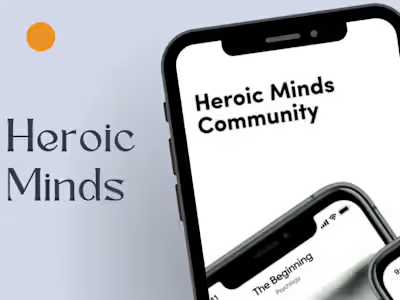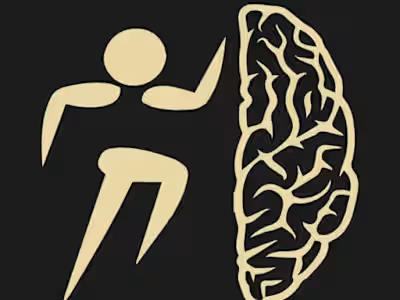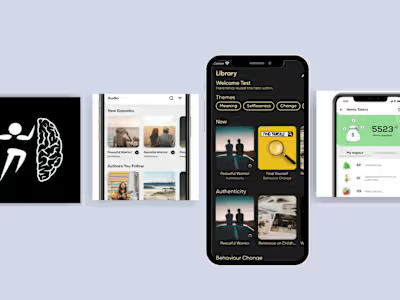"Pause Before Reaction" - Heroic Minds
Pause Before Reaction:
Anxiety can be difficult. Nobody deserves to have their attention constantly consumed by underlying anxiousness. People deserve more than finding momentary pleasure only to return to that awful feeling.
While life is a rollercoaster of experiences and emotions, you can still prepare for the worst. Preparing for anxiety is like preparing for any other exam. You'll fail the exam if you don't read and revise the syllabus. Similarly, with anxiety, if you don't prepare for what's coming, you won't be able to manage it.
The first chapter on preparing for anxiety is self-awareness. Be aware of your triggers and how your body reacts in a particular situation. For example, watch for physical sensations like restlessness, irritation, or discomfort. Only when you're self-aware and cater to these present discomforts can you prevent yourself from facing heightened stress and uneasiness. For instance, restlessness can turn into anger or frustration if ignored for too long.
The next step towards preparing yourself for anxiety is self-regulation. Once you know how your body reacts to specific triggers, you can learn to regulate these emotions. Self-regulation is the ability to manage distressing emotions when they arise by pausing before reacting to them. It means switching off the autopilot and pausing before giving a knee-jerk reaction.
Now, there are several ways of taking that pause between an action and a reaction.
Practice mindfulness through deep breathing or meditation. Mindfulness allows us to be in the present moment and can help us take that pause and think about what sort of reaction we require or desire.
Journaling is a popular way to pour your heart out and release heavy emotions. Sometimes we cannot fathom the millions of thoughts and emotions going through our heads, so journaling helps us to manage those thoughts by putting them onto paper.
Physical exercise is a tried and true method to release happy hormones, aka endorphins. Physical exercise is like hitting two birds with one stone. It's good for both the mind and body. The nourishment your mind gets after working out is priceless, and it may help you harness that pause between experience and reaction.
Suppose you have trouble identifying what triggers anxious feelings within you. Maybe you have sat with certain emotions time and time again and cannot quite solve it. Sometimes learning about others can help us learn about ourselves. You could bounce ideas off a friend and see what they think, maybe they have had similar experiences.
Even a shift in routine behaviors could open your mind to how anxious feelings have been steering your actions. This could reveal what anxious feelings have been steering you toward or away from and, thus, a greater understanding of those emotions.
There's no right or wrong answer in this exam on self-regulation. You'll pass the test if you're simply trying to move forward and not repressing these challenging feelings.
Remember to be patient with yourself. Preparing for anxiety is not an overnight task. It takes time to become self-aware and develop the skills. So be kind to yourself.
Sources:
Bagrao, P. (2022, January 4). How to Regulate Myself When Anxiety Clouds My Thinking. Clearview Treatment Programs. https://www.clearviewtreatment.com/resources/blog/how-to-regulate-myself-when-anxiety-clouds-my-thinking/
Greg Savva, G. (2016, January 28). Self-regulation: breaking cycles of anxiety, stress & panic. Counselling Directory. https://www.counselling-directory.org.uk/memberarticles/self-regulation-breaking-cycles-of-anxiety-stress-panic
Practicing these techniques of self-regulation and working with a therapist can help you to reduce your symptoms of anxiety, including brain fog.
Like this project
Posted Dec 15, 2022
Crafted an article for Heroic Minds app, empowering readers with practical solutions to overcome anxiety triggers and prepare for challenging moments.
Likes
0
Views
24








